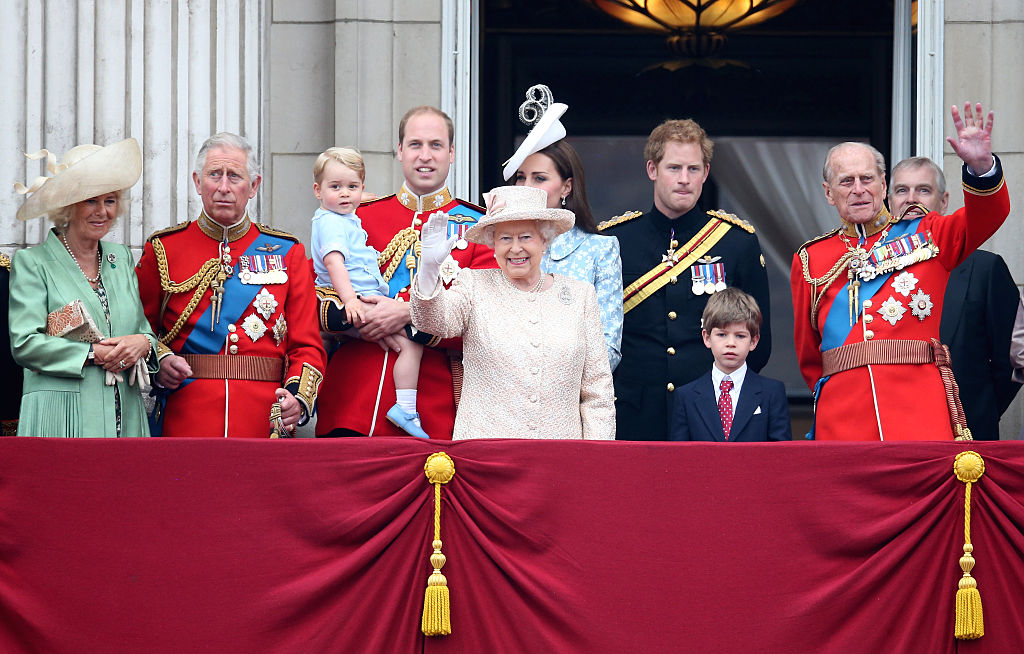The day after the death of Queen Elizabeth II, I received a note from a friend in the Midwest asking whether I thought the British monarchy would survive her by more than a decade. I replied that of all British institutions the monarchy is the strongest — and that I expect it to last as long as Britain herself.
Everything I witnessed in the week after the Queen died seems to me to justify this judgment, in particular the conduct of King Charles III, about whom my friend was skeptical. The events also confirmed my lifelong opinion that British civilization is the finest the world has ever seen; so fine, indeed, that I suspect that the citizens of most countries today are unable to appreciate the nature of its greatness, and how it came to be great; Americans, perhaps, especially.
America began as a narrow theological society in the northern colonies and a quasi-feudal, agrarian and essentially Philistine one in the southern ones, geographically separated by a commercial society between them. In 1800, when the industrial revolution was picking up steam, the United States was only eleven years old, but already industrializing rapidly as the new country spread westward across the continent, its progress accelerated by the steamboat and the steam locomotive. Even before the Civil War, industrialization was well underway, a process the war itself greatly facilitated, thus making possible the building of an impressive industrial base in four decades. America transformed herself from a provincial theological-feudal-agrarian society to a major industrial power in less than a century. In doing so, she also went from a society governed by religious and social prescription to a materialistic industrial-consumer culture made possible by a lack of prescription or the social and personal restraints that characterize modern nations.
What was missing between these two historical stages was the chronological development of something that could properly be called civilization as it had existed for many centuries, in all the European nations but in no place more completely than the British Isles, which over more than a millennium had fashioned, in addition to a high culture, a legal and political system of unprecedented structural simplicity combined with an equally, and previously unheard-of, balance, restraint, legality, tolerance, fairness and humaneness — and endowed moreover with a unique political culture that reflected and incorporated the rich civilizational one.
It is the fusion of these two cultures that made the ceremonies surrounding the Queen’s death and attending her succession by Charles so profoundly moving: magisterial, awesomely formal and thrillingly dramatic, yet also entirely natural in the depth and sincerity of the grief they expressed and the qualities of the civilization they reflected; a national tribute wholly befitting a monarch who similarly combined an unfailing personal naturalness (even at times a simplicity) bordering on English homeliness with an ever-present sense of the restrained majesty of Great Britain and her glorious history.
This is a thing the whole world felt, including even the French (“To you she was your Queen,” President Macron said, “to us she was The Queen”) and the American public; though not the left-wing ideologues at the New York Times and elsewhere who saw in these momentous events nothing save an opportunity to blame Elizabeth for the fact of the British Empire and demand that her successor provide reparations for its crimes.
Puritanism has returned to the United States in the form of socialist politicians, people obsessed with a sinking fear that someone, somewhere in America might be happy — and free. Today, Britain too is beset by the old-fashioned socialists of the railway, civil service and other unions, and also by the priests and priestesses of Woke — an import, of course, from America.
A suspicion is forming in the United States that “it really could happen here,” and with it a growing apprehension and sense of foreboding. If such a thing is highly unlikely — as it is — in Great Britain, this is down to the strongest institution in the realm and one that British radicalism, finally, cannot touch: the British working class may hate the capitalists, but it loves the monarchy. Should the republicans and the Marxist left ever succeed in banishing a future king or queen, a Second Restoration would probably ensue in the fullness of time.
Since its founding, the United States has been an essentially commercial-political society, unlike Great Britain, despite her genius for both commerce and government. What is missing from her make-up is precisely what made the pomp and circumstance of recent weeks a great work of public art. Ceremony comes naturally to the British; the Americans are culturally suspicious of it. When, in 1970, President Nixon dressed his White House Guard in uniforms inspired by the palace guards he had seen abroad, the result was a fiasco, for reasons good and bad. On the one hand, the pomp smelt of royalty to Americans, and the United States is a republic; fair enough. On the other, France too is a republic, and the French do not object to pomp at the Élysée. The difference is what is missing from American history, but an irremovable part of European civilization.
This article was originally published in The Spectator’s November 2022 World edition.


















